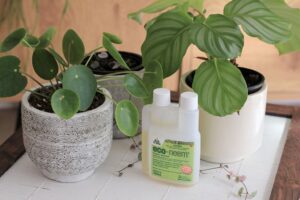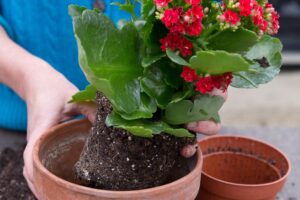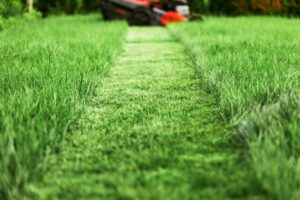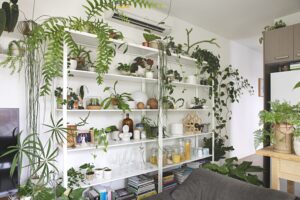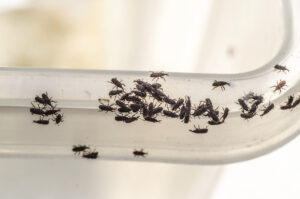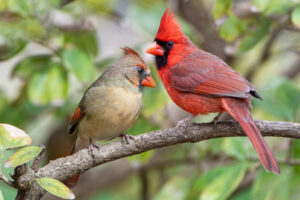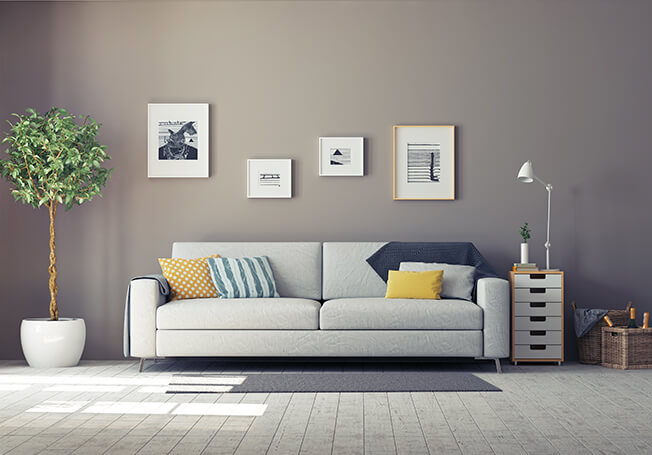
Introduction to Home Interior Protection
Importance of Interior Pest Control
Effective pest control within the home is crucial for maintaining a clean, healthy living environment. Interior pest infestations not only cause discomfort and inconvenience but can also pose health risks to occupants. Implementing proactive measures to protect the interior of your home from pests is essential for ensuring peace of mind and safeguarding your property to get Pest Control.
Common Interior Pests
Various pests can infiltrate the interior of homes, seeking shelter, food, and water. Common interior pests include insects such as ants, cockroaches, and bed bugs, as well as rodents like mice and rats. These pests can contaminate food, damage property, and transmit diseases, making interior pest control a top priority for homeowners.
Overview of Home Interior Protection Methods
Protecting the interior of your home from pests involves a combination of preventive measures, natural remedies, chemical treatments, and professional pest control services. By implementing a comprehensive approach to interior pest control, homeowners can effectively mitigate pest problems and maintain a pest-free living environment.
Preventive Measures for Interior Pest Control
Seal Entry Points
To prevent pests from entering your home, it’s essential to seal any potential entry points. Use caulking and weather stripping to seal gaps and cracks around windows, doors, and utility openings. Install door sweeps and screens to prevent pests from entering through gaps under doors and open windows.
Maintain Cleanliness
Maintaining a clean and clutter-free home is key to preventing pest infestations. Adopt regular cleaning practices, including sweeping, vacuuming, and wiping down surfaces to remove crumbs and spills that attract pests. Store food in airtight containers and promptly clean up any spills to deter pests from foraging for food sources inside your home.
Reduce Moisture
Moisture attracts pests such as cockroaches, silverfish, and rodents, making it essential to address any moisture issues inside your home. Fix leaks and plumbing problems promptly, and ensure proper ventilation in bathrooms, kitchens, and basements. Use dehumidifiers in areas prone to high humidity to reduce moisture levels and discourage pest activity.
Natural Remedies for Interior Pest Control
Essential Oils
Essential oils are natural insect repellents that can be used to deter pests from entering your home. Peppermint oil, with its strong scent, is effective at repelling ants, spiders, and mice. Similarly, tea tree oil has antimicrobial properties that can help deter pests and disinfect surfaces in your home.
Diatomaceous Earth
Diatomaceous earth is a natural pest control product derived from fossilized algae. It works by dehydrating and desiccating pests upon contact, making it an effective solution for controlling crawling insects such as ants, cockroaches, and bed bugs. Apply diatomaceous earth in cracks, crevices, and other areas where pests are likely to travel.
Vinegar Solutions
Vinegar solutions are natural remedies that can help repel and eliminate pests from your home. White vinegar can be used as a cleaning agent to disinfect surfaces and deter pests such as ants and fruit flies. Similarly, apple cider vinegar mixed with water can be used as a homemade fruit fly trap to capture and eliminate these pests.
Chemical Treatments for Interior Pest Control
Insecticides
Insecticides are chemical formulations designed to kill or repel insects. They come in various forms, including sprays, baits, and dusts, and target specific pests or pest groups. When using insecticides indoors, it’s essential to follow label instructions carefully and apply them in areas where pests are known to harbor.
Rodenticides
Rodenticides are chemical baits used to control rodent populations indoors. They are available in bait stations and rodent traps and are designed to attract and kill mice and rats. Place rodenticides in areas where rodents are active, such as along walls and in dark corners, but be mindful of potential risks to children and pets.
Safety Precautions
When using chemical treatments for interior pest control, it’s crucial to prioritize safety. Always read and follow label instructions carefully, wear appropriate protective equipment such as gloves and masks, and store pesticides out of reach of children and pets. Additionally, consider alternative pest control methods or consult a professional if you have concerns about chemical exposure.
Professional Pest Control Services for Interior Protection
Inspection and Assessment
Professional pest control services begin with a thorough inspection and assessment of your home to identify existing pest problems and potential risk factors. Pest control technicians will inspect key areas such as kitchens, bathrooms, basements, and attics to determine the extent of infestations and develop a customized treatment plan.
Customized Treatment Plans
Based on the findings of the inspection, pest control professionals will develop a customized treatment plan tailored to address your specific pest problems and concerns. This may include a combination of chemical treatments, natural remedies, and preventive measures designed to eliminate pests and prevent future infestations.
Ongoing Maintenance and Monitoring
After implementing initial treatments, pest control professionals will provide ongoing maintenance and monitoring to ensure long-term pest control success. This may include scheduled follow-up visits to assess treatment effectiveness, make any necessary adjustments, and provide recommendations for preventing future pest problems.
In conclusion, protecting the interior of your home from pests requires a proactive approach that combines preventive measures, natural remedies, chemical treatments, and professional pest control services. By sealing entry points, maintaining cleanliness, reducing moisture, and implementing effective pest control methods, homeowners can create a pest-free living environment that promotes health, safety, and peace of mind. Whether facing an existing pest problem or implementing preventive measures, interior pest control solutions offer homeowners the tools they need to safeguard their homes and families from unwanted pests.

